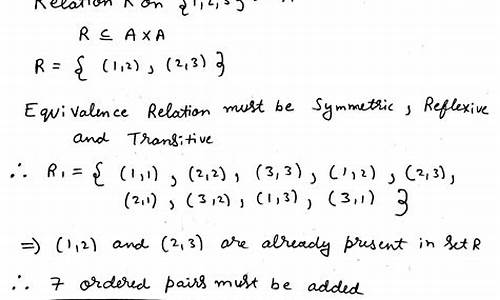The Relationship between Healthy Eating and Work Performance
In today’s fast-paced and competitive work environment, maintaining optimal work performance is essential. While many factors contribute to job success, one of the most significant elements often overlooked is nutrition. Healthy eating plays a crucial role in boosting work performance, affecting energy levels, cognitive function, and overall productivity. This article explores the impact of healthy eating on work performance and the ways it can improve efficiency in the workplace.
Impact of Nutrition on Energy Levels
Proper nutrition is vital for sustaining energy throughout the workday. A balanced diet helps regulate blood sugar levels, preventing the energy dips that can result from unhealthy eating habits. Foods rich in whole grains, proteins, and healthy fats provide long-lasting energy, while processed snacks may lead to quick energy crashes. Consuming a nutritious meal in the morning, such as a high-fiber breakfast, can set the tone for a productive day.

The Role of Healthy Eating in Cognitive Function
What you eat also directly impacts your brain function. Nutrient-rich foods such as leafy greens, nuts, and fish rich in omega-3 fatty acids help improve focus, memory, and mental clarity. On the other hand, diets high in sugar and unhealthy fats can impair cognitive abilities and increase the risk of mental fatigue, making it harder to stay sharp during work tasks.
Healthy Eating and Stress Management
Work-related stress is a common issue, and poor dietary habits can worsen stress levels. Consuming foods with a high glycemic index may increase cortisol (the stress hormone) levels in the body. On the other hand, eating foods high in antioxidants, magnesium, and vitamins, like fruits and vegetables, can help reduce stress and improve mood, making it easier to handle challenging tasks effectively.
Boosting Productivity through Hydration
Staying hydrated is a crucial aspect of maintaining work performance. Dehydration can cause fatigue, headaches, and reduced concentration. Drinking plenty of water throughout the day ensures optimal brain function and helps keep energy levels high. Including water-rich foods such as fruits and vegetables can also contribute to hydration.
Conclusion
In conclusion, the relationship between healthy eating and work performance is undeniable. A balanced diet supports energy levels, enhances cognitive function, reduces stress, and boosts overall productivity. By making mindful dietary choices, employees can achieve better performance, feel more energized, and improve their well-being, leading to greater success in the workplace.